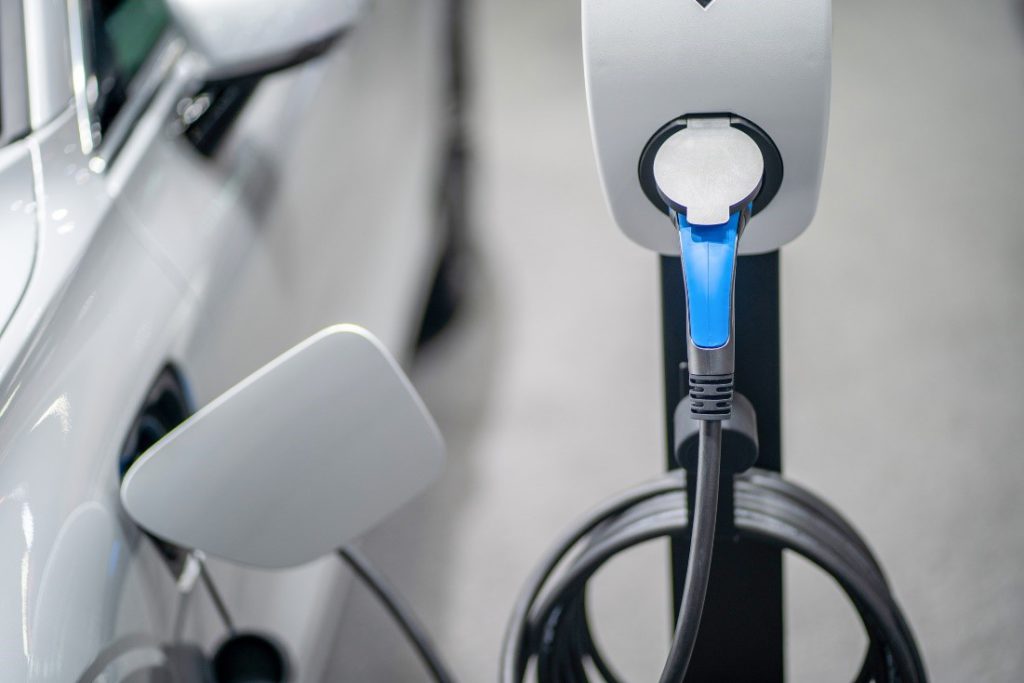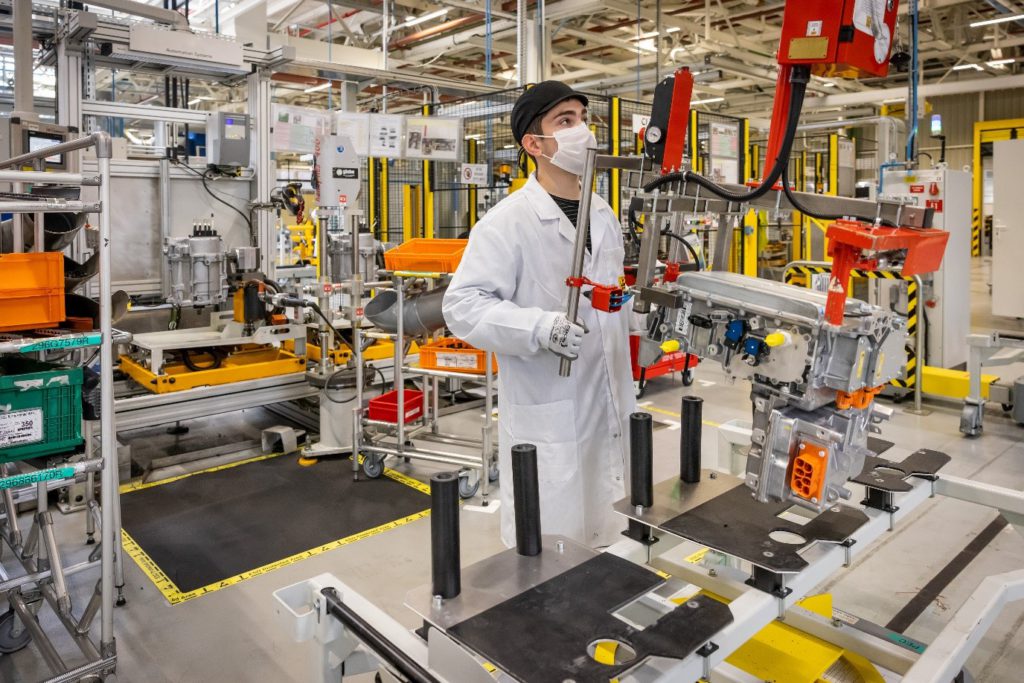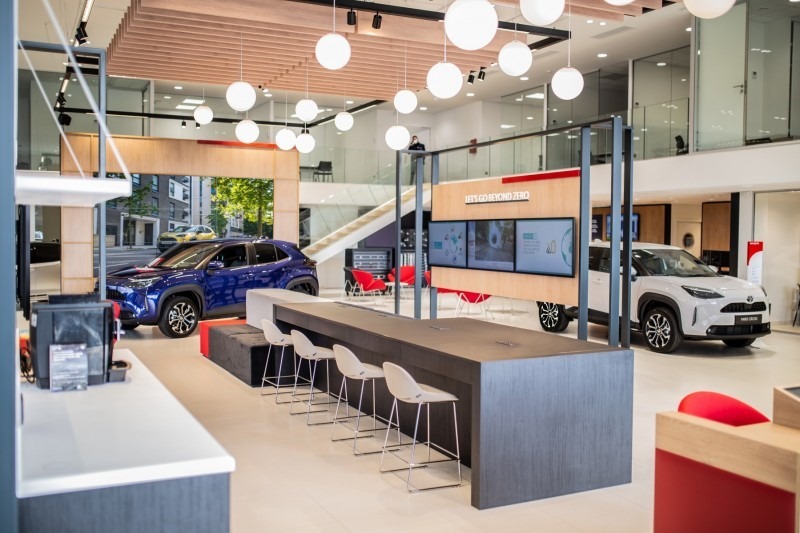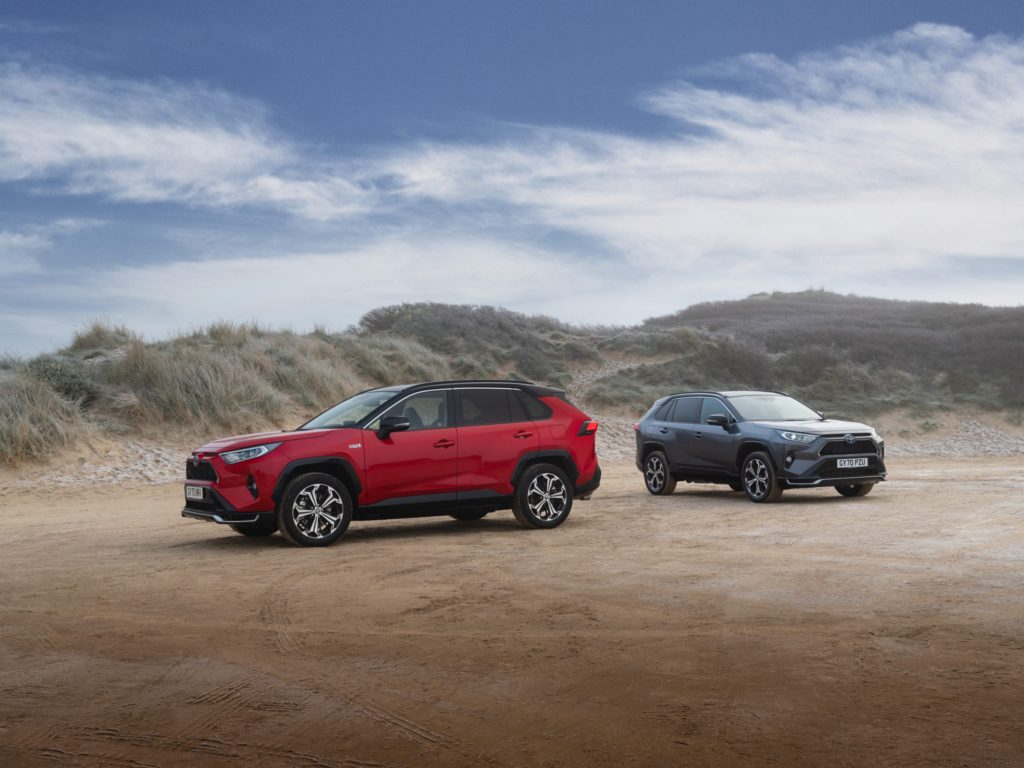This week’s automotive headlines – 12 February 2022
12 February 2022

Autovista24 looks at some of the big headlines in the automotive industry from the past seven days. In this week’s round-up, Europe needs a robust electrically-chargeable vehicle (EV) infrastructure, Renault to work with Valeo on electric motors, lithium mine for EV batteries to open in Canada, customer-centric showrooms from Toyota, and more…
’Robust charging infrastructure’ needed in Europe

Around 130 million EVs will hit European roads by 2035, up from today’s figure of 3.3 million, making the need for ambitious charging plans apparent. This is according to a joint study published by EY and Eurelectric, suggesting Europe will need 65 million EV chargers, nine million public and 56 million residential ones, to cope with the massive growth in the EV market. Electrification is no longer a trend and is already on the way to becoming mainstream, however expanding the charging infrastructure in the region remains one of the primary challenges. Tackling bottlenecks, delays, funding constraints, availability and access is key. ‘To accelerate EV uptake, we need to make e-mobility work for the customer. This means delivering a seamless experience with a robust charging infrastructure that allows everyone to charge quickly and reliably. With significant investment needed in the grid and on supporting critical digital solutions, utilities are key to winning customers’ hearts and minds,’ said Serge Colle, EY’s global energy & resources industry market leader.
Renault to develop electric motors with Valeo

Renault Group, Valeo, and Valeo Siemens eAutomotive, will design, develop, and manufacture electric motors, free of rare earth materials. The carmaker will put together the electrically-excited synchronous motor (EESM) rotor technology in France, a component specifically to offer enhanced energy performance. Meanwhile, the parts suppliers will focus on the stationary part of the rotary system, known as the stator. The trio aspires to be the first to mass-produce a 200kW electric motor free of rare earth materials, starting in 2027. Production for the automaker’s needs will be based at its Cléon plant in Normandy. ‘Alongside Renault Group, we are creating a new-generation automotive electric motor that eliminates the use of rare earths,’ said Christophe Périllat, Valeo’s CEO. ‘This new motor will meet the most stringent environmental requirements and the highest performance standards.’
All-electric lithium mine for EV batteries to open in Canada
Snow Lake Lithium has outlined plans to develop the world’s first all-electric lithium mine. The location in Manitoba, Canada, will develop a domestic supply of the crucial battery material for the North American EV market. Snow Lake Lithium’s 55,000 acre site is expected to produce 160,000 tonnes of 6% lithium spodumene a year over a 10 year period. Currently, Snow Lake Lithium has explored around 1% of its site and is confident that this will expand over the course of the next year. Snow Lake Lithium’s mine will be operated by almost 100% renewable, hydroelectric power to ensure the most sustainable manufacturing approach. The future of the continent’s market depends on sourcing lithium-hydroxide domestically, rather than importing it from Asia, as well as creating an integrated supply chain. To this end, the company plans to establish a joint venture to create a lithium hydroxide processing plant and is seeking a partnership with an automotive OEM or a battery manufacturer to deliver this.
Dawn of the customer-centric showroom

Toyota’s new showroom in Eragny-sur-Oise, France has illustrated its vision for a blend of human and digital offerings. While other carmakers like Volvo look online, the Japanese brand has confirmed the central role of retailers. A ‘living space’ will give customers access to an in-person experience, as well as interactive digital touchpoints. The location will house Toyota vehicles, Gazoo Racing products, bZ battery-electric vehicles (BEVs), approved used models, as well as access to after-sales and service. ‘The new retail design switches on both a new brand experience and a new way of working for our retailers,’ said Toyota Motor Europe’s vice president of sales, marketing and customer experience, Didier Gambart. ‘In this space, customers can complement their digital journey with a memorable in-store experience with our retailers providing the essential human touch.’
BP expands biofuels portfolio with 30% stake in UK company
Oil major BP has bought a 30% stake in Green Biofuels, a UK provider of hydrogenated vegetable oil (HVO) that can be used as a drop-in replacement for diesel. The investment expands BP’s global biofuels portfolio, a lucrative area the company is concentrating on to decarbonise sectors – including many diesel-run assets. Founded in 2013, Green Biofuel has delivered more than 55 million litres of HVO products to the UK market over the past two years, making it the largest supplier of this kind in the country. HVOs could potentially play an important part in reducing lifecycle emissions across various sectors. The fuel is often made from waste products, with BP saying they achieve up to 85% reductions of particulates and up to 30% reductions of nitrogen oxides emissions. ‘Our mission is to support the net-zero energy transition by providing an immediate solution that makes a difference to carbon and air pollution emissions today. Our fuels provide businesses the time to transition to new technologies when they are proven both economically and operationally,’ said William Tebbit, CEO of Green Biofuels.
Faurecia becomes one of the world’s largest automotive suppliers
French automotive technology supplier Faurecia has expanded its lot by acquiring 79.5% of the shares in automotive lighting and technology provider Hella. The deal makes Faurecia the seventh largest automotive supplier in the world, with the total value of the acquisition amounting to €5.3 billion. The combined entities will be known under the umbrella brand Forvia, however both will retain their current names and legal brands. Additionally, Faurecia has increased its annual cost savings forecast from €200 million to €250 million and increased sales projections by 2025. ‘This transforming acquisition brings together two complementary and profitable companies. Our 2025 combined Group sales ambitions of €33 billion represents a significant leverage and we will now work together effectively to immediately start implementing the significant and confirmed synergies that have been identified and create sustainable value for all our stakeholders,’ confirmed chief executive officer of Faurecia, Patrick Koller.



